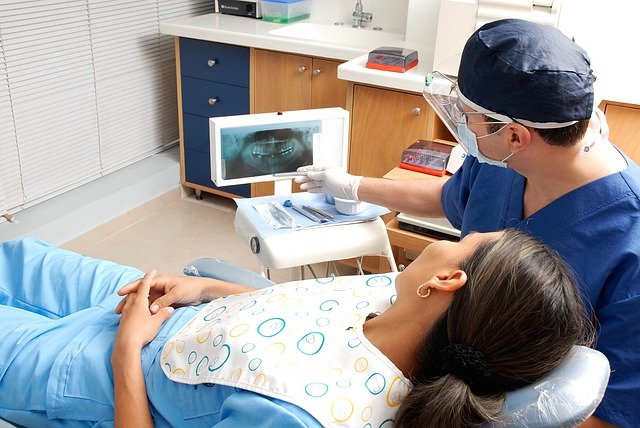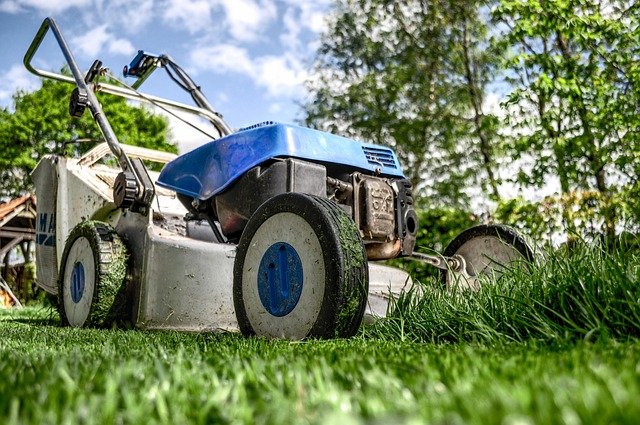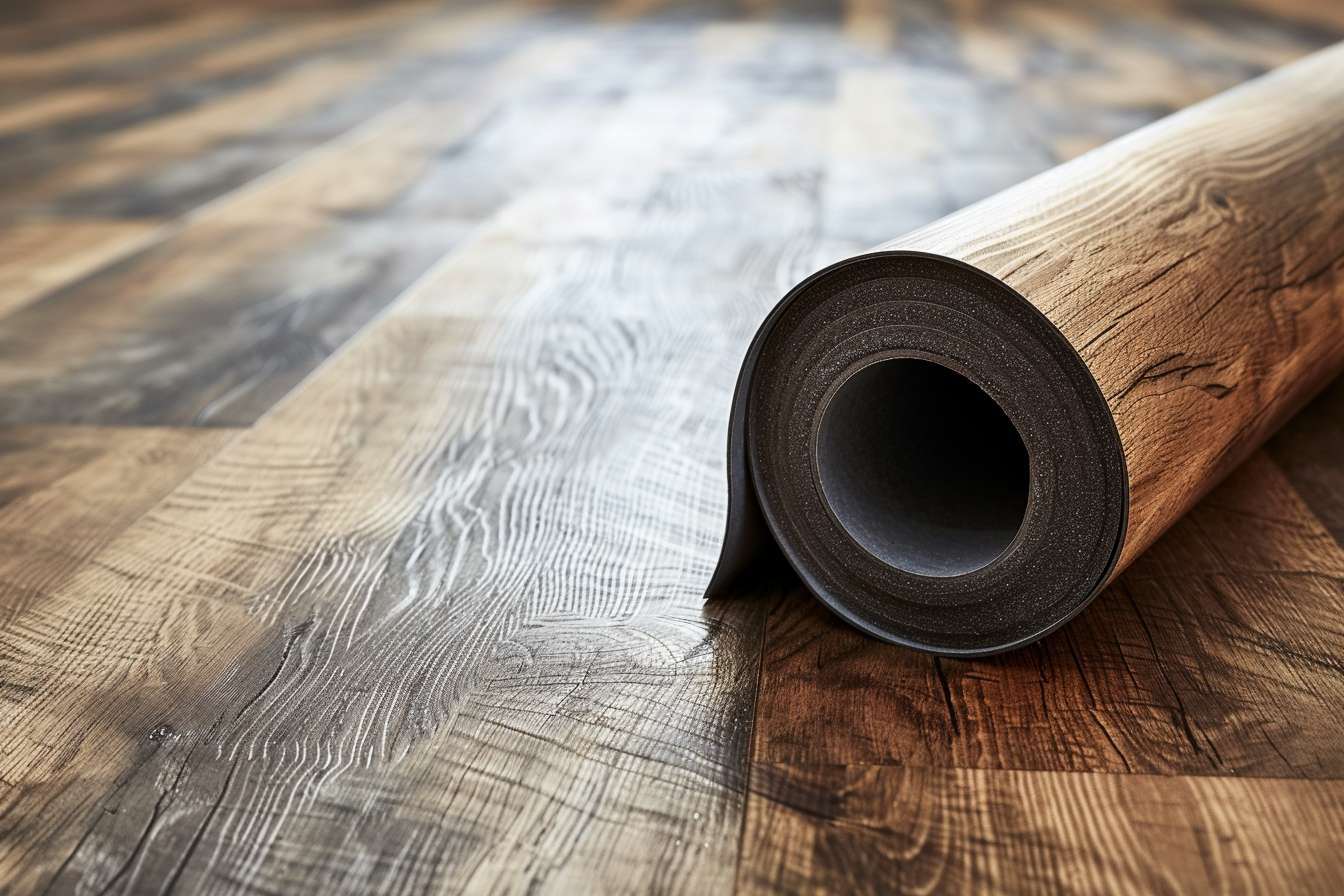Hair Loss: Understanding Causes and Daily Habits
Hair loss can be influenced by everyday habits such as frequent heat styling, poor nutrition, tight hairstyles, or inadequate scalp care. Stress and lack of sleep may also play a role. Understanding these factors can help individuals identify changes that support healthier hair.

What are the main causes of hair loss from daily habits?
Hair loss can be influenced by various everyday activities and lifestyle choices. Some common habits that may contribute to hair loss include:
-
Excessive heat styling: Frequent use of hot tools like flat irons, curling wands, and blow dryers can damage hair follicles and lead to breakage.
-
Tight hairstyles: Regularly wearing tight ponytails, buns, or braids can cause traction alopecia, a form of hair loss due to constant pulling on the hair roots.
-
Poor diet: Lack of essential nutrients, particularly protein, iron, and vitamins, can weaken hair and contribute to hair loss.
-
Stress: Chronic stress can disrupt the hair growth cycle and lead to increased shedding.
-
Harsh hair treatments: Chemical processes like bleaching, perming, or frequent coloring can damage hair and cause it to break or fall out.
How does diet impact hair health and loss?
Diet plays a crucial role in maintaining healthy hair. Nutritional deficiencies can significantly impact hair growth and lead to increased hair loss. Some dietary factors to consider include:
-
Protein intake: Hair is primarily made of protein, so a diet lacking in this nutrient can lead to weaker, more brittle hair.
-
Iron deficiency: Low iron levels can result in anemia, which is known to cause hair loss.
-
Vitamin deficiencies: Lack of vitamins such as B12, D, and E can affect hair health and growth.
-
Crash diets: Rapid weight loss or extreme dieting can shock the body and lead to temporary hair loss.
-
Hydration: Not drinking enough water can impact overall health, including hair health.
Can stress and lack of sleep contribute to hair loss?
Stress and inadequate sleep can indeed have a significant impact on hair health and contribute to hair loss:
-
Telogen effluvium: This stress-induced hair loss occurs when a significant number of hair follicles enter the resting phase simultaneously, leading to increased shedding.
-
Cortisol production: Chronic stress increases cortisol levels in the body, which can disrupt the hair growth cycle.
-
Sleep deprivation: Lack of sleep can affect hormone production and overall health, indirectly impacting hair growth.
-
Trichotillomania: This stress-related disorder involves compulsive hair pulling, leading to noticeable hair loss.
-
Nutrient absorption: Stress can affect the body’s ability to absorb essential nutrients, potentially leading to deficiencies that impact hair health.
How do grooming habits affect hair loss?
Certain grooming practices can inadvertently contribute to hair loss or damage:
-
Overwashing: Washing hair too frequently can strip it of natural oils, leading to dryness and breakage.
-
Aggressive towel drying: Rubbing wet hair vigorously with a towel can cause breakage and damage to the hair shaft.
-
Brushing wet hair: Hair is most vulnerable when wet, and brushing it in this state can lead to breakage and hair loss.
-
Using the wrong hair products: Harsh chemicals in some shampoos and styling products can damage hair and scalp health.
-
Excessive use of dry shampoo: While convenient, overuse of dry shampoo can clog hair follicles and potentially lead to hair thinning.
What lifestyle changes can help prevent hair loss?
Adopting certain lifestyle changes can help maintain healthy hair and potentially reduce hair loss:
-
Balanced diet: Ensure your diet includes adequate protein, iron, and essential vitamins for hair health.
-
Gentle hair care: Use mild shampoos, avoid excessive heat styling, and be gentle when brushing or styling hair.
-
Stress management: Practice stress-reduction techniques such as meditation, yoga, or regular exercise.
-
Adequate sleep: Aim for 7-9 hours of quality sleep per night to support overall health, including hair growth.
-
Regular exercise: Physical activity improves circulation, which can promote healthier hair growth.
Hair loss can be a complex issue with multiple contributing factors. While some causes, like genetics and age, are beyond our control, many daily habits can significantly impact hair health. By understanding these factors and making informed lifestyle choices, individuals can take proactive steps to maintain healthier hair and potentially slow down hair loss. However, persistent or severe hair loss should be evaluated by a healthcare professional to rule out underlying medical conditions.
This article is for informational purposes only and should not be considered medical advice. Please consult a qualified healthcare professional for personalized guidance and treatment.




